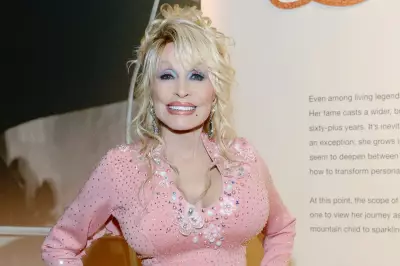
In a courageous and deeply personal move, former Love Island star Shaughna Phillips has publicly broken her silence on the landmark legal battle she is waging against her ex-boyfriend and fellow reality TV personality, Billy Brown.
Phillips, 29, is suing Brown for a staggering six-figure sum in the High Court, alleging a sustained period of coercive and controlling behaviour that she claims left her mental health in tatters and her life in ruins.
A Relationship Turned 'Toxic and Manipulative'
The couple's romance, which played out in the public eye after meeting on the reality TV circuit, quickly descended into what court documents describe as a toxic and manipulative dynamic. Phillips alleges that Brown's behaviour was not merely that of a 'bad boyfriend,' but constituted serious psychological abuse.
She claims his actions were calculated to isolate her, degrade her self-worth, and exert total control over her life, leaving her a mere 'shadow of her former self'.
The Heavy Toll on Mental Health
The impact on Phillips' wellbeing was devastating. She has spoken openly about the severe decline in her mental health, citing crippling anxiety and depression directly linked to the relationship.
'My world became very small,' she revealed, describing how the alleged abuse eroded her confidence and forced her to retreat from her career and public life. The case highlights the often-hidden psychological scars of coercive control, a recognised criminal offence in the UK.
Seeking Justice and Accountability
By taking her case to the High Court, Phillips is moving beyond the court of public opinion and seeking formal legal accountability. Her lawsuit is a civil claim, meaning it is separate from any potential criminal proceedings, and focuses on the personal injury she sustained due to the psychological harm.
This bold step is being closely watched, as it sets a potential precedent for other victims of non-physical abuse seeking redress through the civil justice system.
Phillips hopes that by speaking her truth, she can not only reclaim her own narrative but also empower other survivors to come forward and recognise the signs of coercive control.





